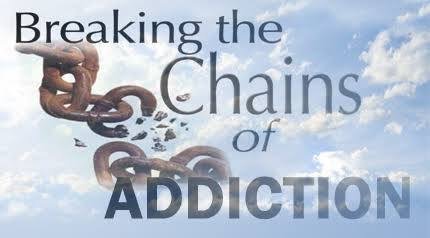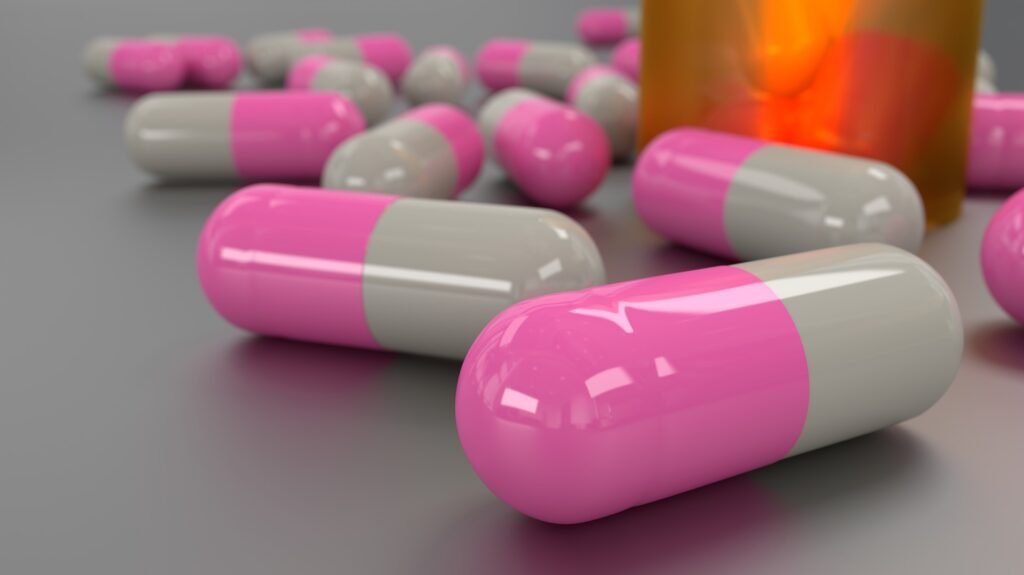Table of Contents
TogglePrescription Drug Addiction Part 1: Opioids
Soaring opioid-related mortality in the USA and Canada over the past 25 years has brought the opioid epidemic into the limelight. Media coverage such as the Netflix documentary The Pharmacist has focused on this long-entrenched problem and has highlighted the issue of prescription drug abuse. Opioids, in particular, seem to be at the helm of this crisis, making up a large proportion of addiction statistics.
What Are Opioids?
Opioids are a broad group of pain-relieving drugs. They work by attaching to proteins known as opioid receptors in the brain, spinal cord, and other parts of the body, blocking pain messages sent from the body through the spinal cord to the brain. The term opioid is sometimes used interchangeably with the word opiate. However, opiate is an older term and generally refers to drugs derived from opium or the poppy plant. These are morphine-based medications such as Kadian and Ms Contin, while others, like Actiq and Duragesic, are synthesized in a laboratory. Opioids do not fall into the same category as over the counter medications such as aspirin and paracetamol.


Types of Opioids :
Opioids are categorically diverse and are known by various generic and brand names. Commonly abused opioids include Fentanyl (Actiq, Duragesic, and Sublimaze) Diphenoxylate (Lomotil) Hydrocodone (Vicodin) Hydromorphone (Dilaudid) Meperidine (Demerol) Oxycodone (OxyContin) Oxymorphone (Darvon)
How Opioid Addiction Occurs?
Opioids are prescribed for relief from acute and chronic pain. They also affect the brain by triggering dopamine, which can lead to feelings of euphoria and happiness. However, in the long run, they actually slow the production of endorphins in the brain. Repeated use results in the need for higher doses in order to achieve the same effect. This is known as opioid tolerance.
Because doctors are aware of the risks involved in prescribing opioids, they often will not increase the dose or renew the prescription. This can lead some users to illegally obtain these drugs, and there is a booming black market industry to support this. Doctor shopping is the practice of visiting multiple healthcare professionals in order to obtain prescriptions and is also common amongst those addicted to pharmaceuticals. More worrying, is the connection between heroin addiction and prescription opioids. A study as early as 2003 showed that half of the active heroin users had previously been addicted to prescription opioids (most notably OxyContin) but had found that heroin was more readily available and less expensive.
Overdose
Because higher and higher doses become necessary, the risk of overdose is an ever-present factor. According to the World Health Organisation (WHO) more than 70% of drug-related deaths are connected to opioids, with more than 30% of those deaths caused by overdose. Opioid overdose is characterized by a decrease in breathing rate which can lead to death. In many cases of overdose, opioids are mixed with alcohol or benzodiazepines.
Preventative Measures
Prescription medication can be used safely, but it is important to always take the medication under the guidance of a healthcare professional. Always ensure that you disclose any other medications you are taking to your doctor. This should include illicit substances. It is also important to note the following:
- Do not exceed the recommended dosage
- Do not abruptly stop the medication if not directed to do so
- Do not take the medication in a manner that has not been directed
- Do not use someone else’s medication, even if you have similar symptoms.
Treatment for Prescription Opioids :
Withdrawal from opioids can cause serious side effects and even death. It is important to consult with a physician before abruptly stopping the use of opioids.
Long-term treatment will require additional assistance and support, and an addiction professional can assist in formulating a plan to achieve the best possible outcomes. Inpatient rehabilitation is an option, but outpatient treatments can also yield successful results.
Like all substance misuse disorders, the road to recovery after using prescription drugs is not easy. But with the right help, such as that offered by certified professionals, recovery is possible.
Recovery852 assists adults, adolescents, and families dealing with substance misuse like, but not limited to alcohol, cocaine, methamphetamines, prescription medications and marijuana. If you or a loved one is struggling with addiction, you have options. Contact Recovery852 today.
- Different Types of Addiction
- Support Network In Recovery From Addiction
- Effective Treatment for Addictive Behaviours
- Cognitive Behavioural Therapy For Addiction
- Setting Realistic And Reachable Wellness Goals In Recovery
- How Addiction Affects Families
- Sober Curious: A Movement For Change
- The Five Rules Of Recovery
- What Is Acceptance and Commitment Therapy?
- Mental Health 102: Understanding Depression
- Unpacking Wine Mom Culture
- The Dangers of Addiction Replacement
- Nurtured By Nature: Nature In Addiction Recovery
- The 12 Steps For Atheists
- A Deeper Look Into Dual Diagnosis
- Financial Wellness in Addiction Recovery
- How Does Stress Affect Addiction?
- Mental Health 101: Understanding Anxiety Disorders
- Talking About Marijuana Use Disorder
- Yoga Practices in Addiction Recovery